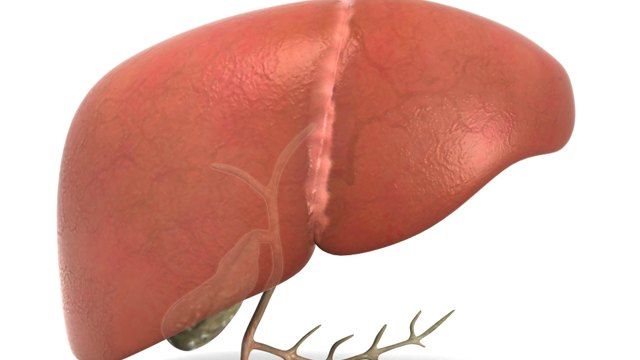Setting liver regeneration free
The liver is an excellent model of organ regeneration; however, regeneration may fail in a normal liver after acute severe injury such as acetaminophen poisoning. Bird and colleagues now show that a process that prevents proliferation termed senescence, which is classically associated with aging and carcinogenesis, inhibits the liver’s regenerative cells after acute injury. This senescence can be spread from cell to cell by the signaling molecule transforming growth factor–β (TGFβ). When TGFβ signaling was blocked during acetaminophen poisoning in mice, senescence was impeded, regeneration accelerated, and mouse survival increased. Therefore, targeting senescence induced by acute tissue injury is an attractive therapeutic approach to improve regeneration.
Abstract
Liver injury results in rapid regeneration through hepatocyte proliferation and hypertrophy. However, after acute severe injury, such as acetaminophen poisoning, effective regeneration may fail. We investigated how senescence may underlie this regenerative failure. In human acute liver disease, and murine models, p21-dependent hepatocellular senescence was proportionate to disease severity and was associated with impaired regeneration. In an acetaminophen injury mouse model, a transcriptional signature associated with the induction of paracrine senescence was observed within 24 hours and was followed by one of impaired proliferation. In mouse genetic models of hepatocyte injury and senescence, we observed transmission of senescence to local uninjured hepatocytes. Spread of senescence depended on macrophage-derived transforming growth factor–β1 (TGFβ1) ligand. In acetaminophen poisoning, inhibition of TGFβ receptor 1 (TGFβR1) improved mouse survival. TGFβR1 inhibition reduced senescence and enhanced liver regeneration even when delivered beyond the therapeutic window for treating acetaminophen poisoning. This mechanism, in which injury-induced senescence impairs liver regeneration, is an attractive therapeutic target for developing treatments for acute liver failure.







